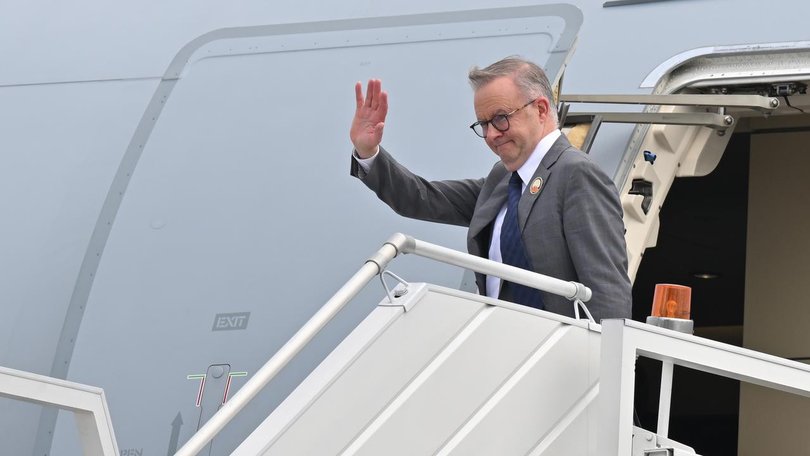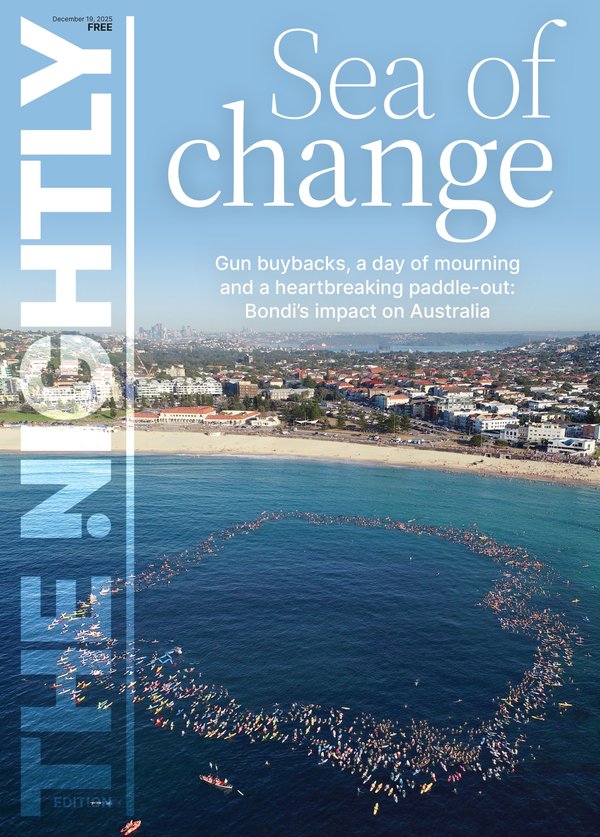Anthony Albanese kick-starts election year with multi-state blitz kick-starts election year with multi-state blitz

The prime minister will return to work with a fire in his belly, marking the start of the election year with a marginal seat marathon.
Anthony Albanese is expected to blitz through the Northern Territory, Queensland and Western Australia in one week, jumping between knife’s edge electorates with a clear proposition.
“The election is a choice between building Australia’s future or taking Australia backwards,” Mr Albanese said.
Sign up to The Nightly's newsletters.
Get the first look at the digital newspaper, curated daily stories and breaking headlines delivered to your inbox.
By continuing you agree to our Terms and Privacy Policy.The cost of living has continued to chip away at the government’s favourability, with the December Newspoll showing two-party-preferred support had dropped to 50-50 as Labor continued to lose key demographics.
In this latest round of messaging, Mr Albanese will promise to pave the way for the future and take pressure off families, with investments in infrastructure, health, childcare and housing.
But his government will need some help from the Reserve Bank and inflation figures if it wants to convince voters.
Though the federal election has not yet been called, it is expected to be held before May 17.
However, there are only two opportunities for the central bank to bring down the cash rate — and provide much-needed cost-of-living relief — before this date.
Mortgage holders and the government are hoping a weaker consumer price index would bolster the case for an interest cut at the Reserve Bank’s first meeting of the year in February.
While the consumer price index for November — which is set to be released on Wednesday — will contain important details, the RBA usually puts more emphasis on the comprehensive quarterly release, which is due later in January.
Regardless, Treasurer Jim Chalmers remained confident the numbers would show the government had made progress.
“The monthly numbers can bounce around but anything with a two in front of it in this week’s data will show inflation is much less than half of what we inherited from the Liberals,” he said.
“Inflation was higher and rising under the Liberals and it’s much lower and has been falling under Labor.”
A 2.8 per cent rise in the September-quarter consumer price index marked a return to the Reserve Bank’s target range of two to three per cent for the first time in years.
The market expectation for headline inflation is between 2.1 per cent and 2.7 per cent in the year to November, however monthly figures are volatile.
